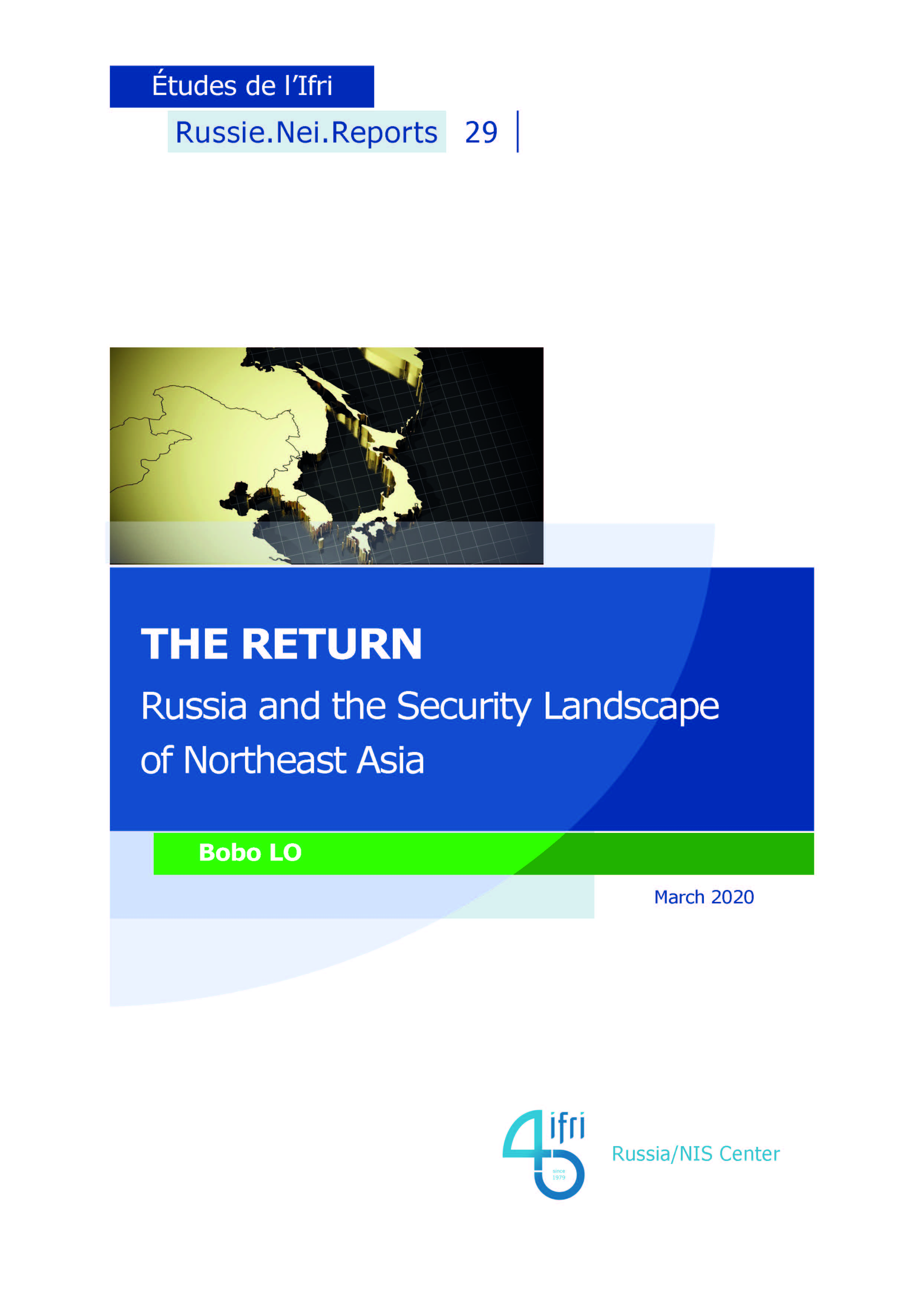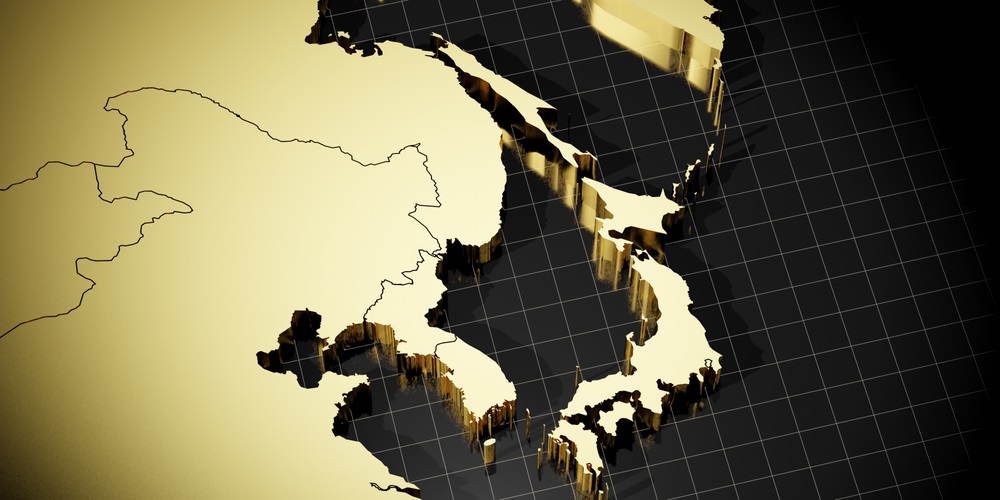The Return: Russia and the Security Landscape of Northeast Asia

Northeast Asia has emerged as a critical theater of Russian foreign policy in recent years.
Moscow’s historical Westerncentrism is giving way to a new awareness about the vital importance of the region. The “turn to the East” now has genuine substance and impetus. Yet Russian policy is a work in progress, more opportunistic than strategic. The security landscape is complex and fluid, and Moscow has struggled to manage its contradictions.

In many respects, the fundamentals have barely changed: the Kremlin’s focus on undermining US strategic dominance; an abiding faith in the balance of power; and the reliance on traditional strengths such as military might, geopolitical reach, and the energy sector. Crucially, Moscow views Northeast Asia through a globalist lens; the region matters principally because of its wider implications for international order and governance.
Looking ahead, Russian policy will be shaped by developments beyond its control: how committed the United States is to its alliance network in the Asia-Pacific; whether China’s rise is sustained, and in what form; and how the security situation on the Korean peninsula unfolds. But one constant will remain amidst the uncertainties: Russia is back as a serious player in Northeast Asia, and its engagement—and ambition—will only grow.
Bobo Lo is an Associate Research Fellow with the Russia/NIS Center at the French Institute of International Relations (Ifri).
Download the full analysis
This page contains only a summary of our work. If you would like to have access to all the information from our research on the subject, you can download the full version in PDF format.
The Return: Russia and the Security Landscape of Northeast Asia








